The nebular hypothesis begins with this, defined as a cloud of gas and dust.
What is a SOLAR NEBULA?
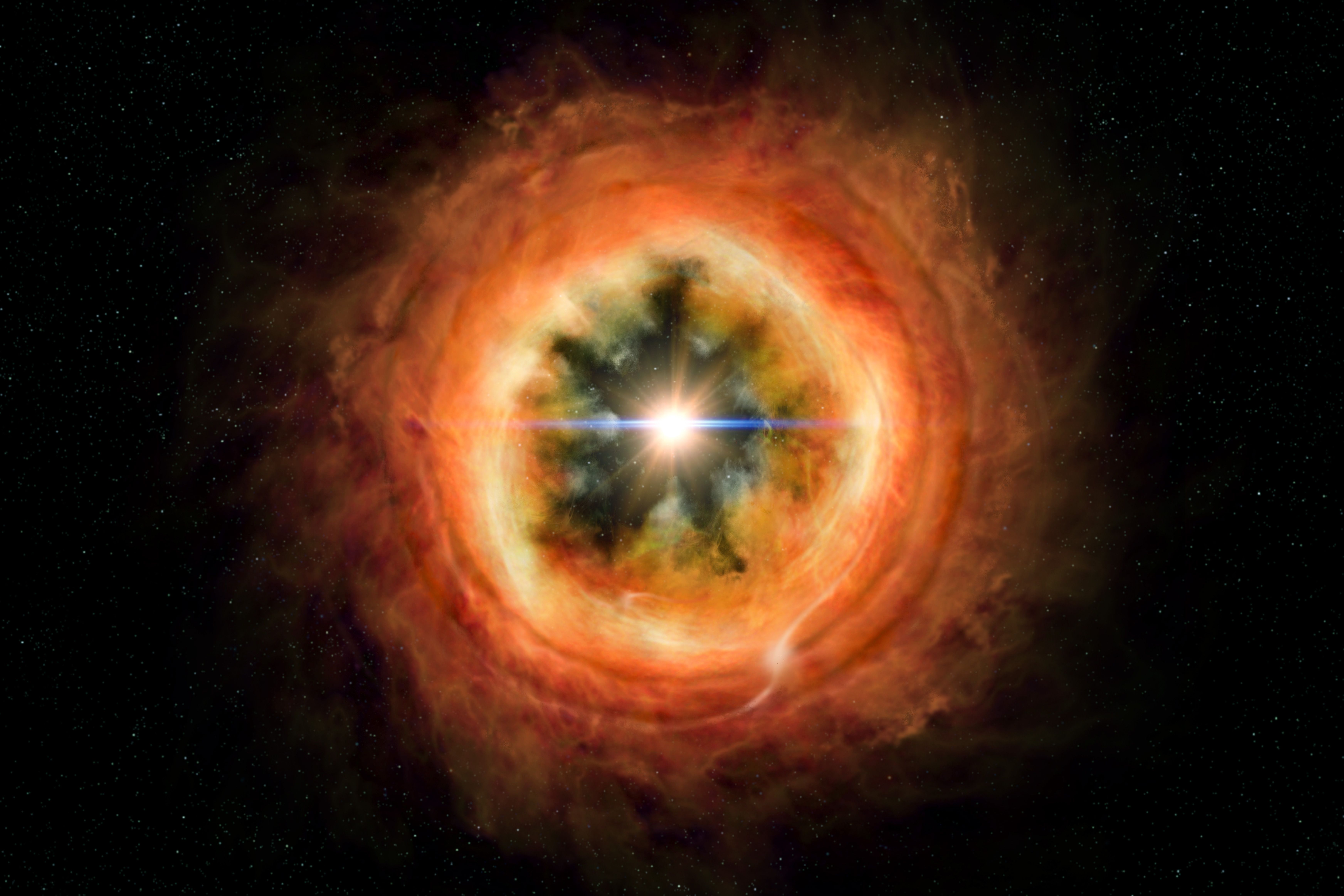
The planet with the highest surface temperature in the solar system.
What is VENUS? 863°F!

Planets move in predictable paths called these.
What are ORBITS?

All life relies on an energy source to drive metabolic processes. On Earth, energy mainly comes from this.
What is the SUN?
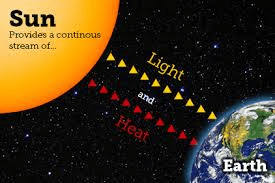
During accretion, planetesimals collide and merge, forming larger bodies called these.
What are PROTOPLANETS?

This planet is known for its prominent Great Red Spot.
What is JUPITER?
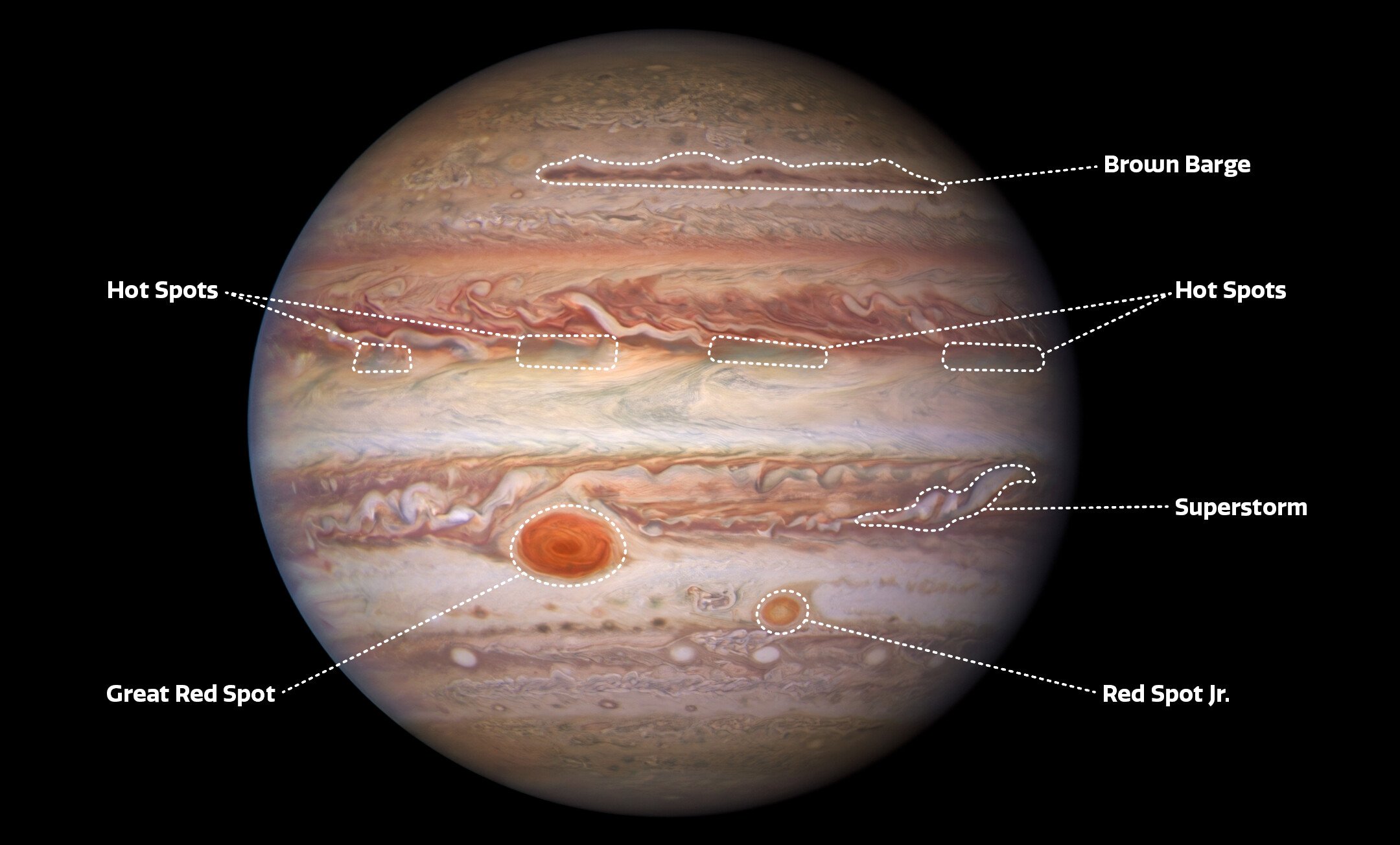
The model of planetary motion that believed the Earth was the center of the universe and that planets and stars revolved around them.
What is the GEOCENTRIC MODEL?

This feature makes Earth uniquely habitable among the planets in the solar system.
What is LIQUID WATER?
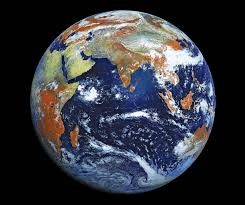
What are EXOPLANETARY SYSTEMS?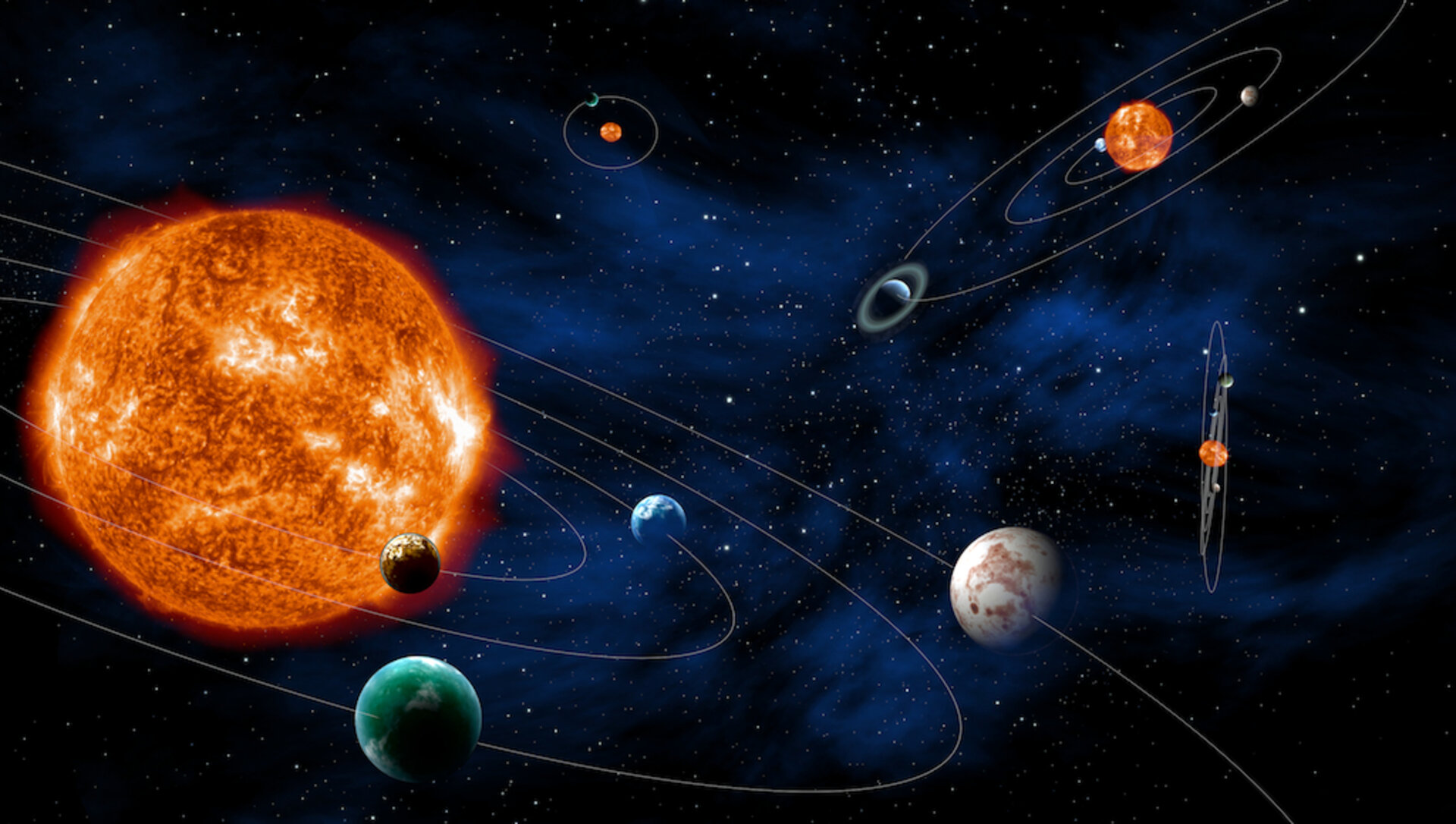
This planet rotates on its side, with an axial tilt of approximately 98 degrees.
What is URANUS?
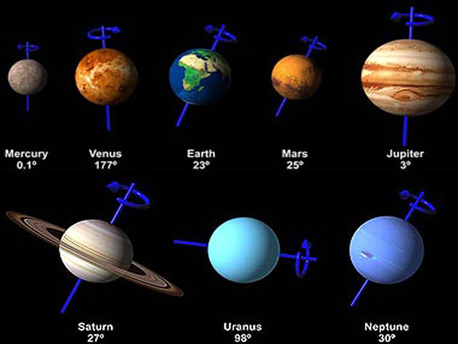
The model of planetary motion that proposed the sun was the center of the solar system, with planets, including Earth, orbiting around it.
What is the HELIOCENTRIC MODEL?
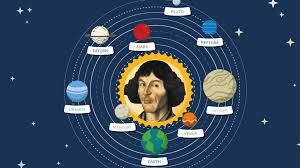
Also known as the "Goldilocks Zone," this region around a star are where the temperatures are "just right" for liquid water to exist on a planet's surface.
What is the HABITABLE ZONE?
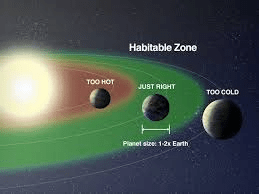
The 2 molecules found in the thick atmospheres of most gas giants are these.
What are HYDROGEN and HELIUM?

The primary component of Mars' atmosphere is this.
What is CARBON DIOXIDE?
*Mars also has the largest volcano in the entire solar system named Olympus Mons.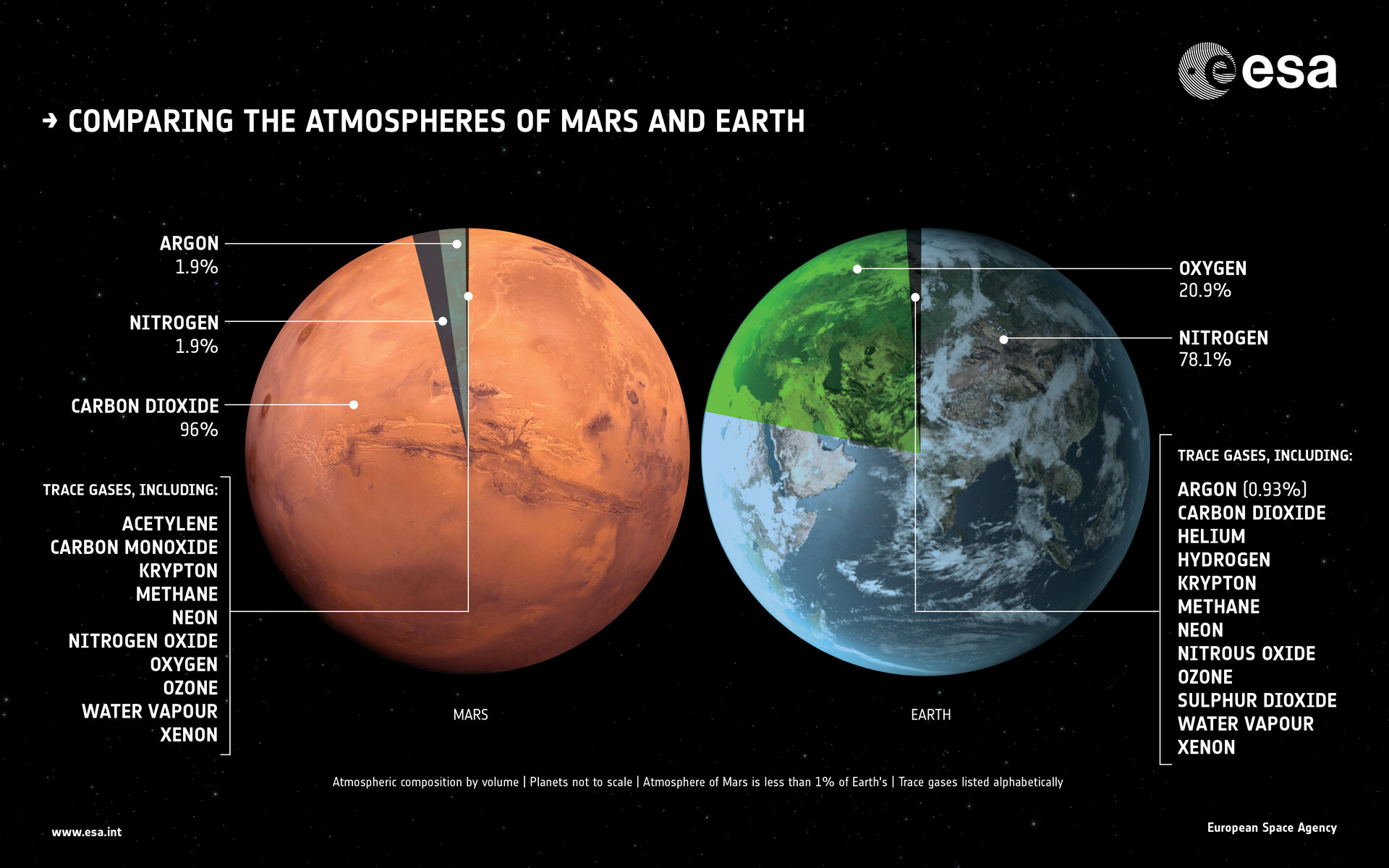
This scientific law states that every mass in the universe attracts every other mass.
What is NEWTON'S LAW OF UNIVERSAL GRAVITATION?
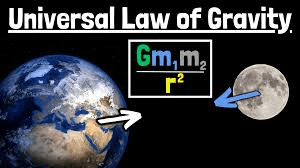
This plays a crucial role in maintaining habitability by regulating temperature and shielding from radiation.
What is PLANETARY ATMOSPHERE?
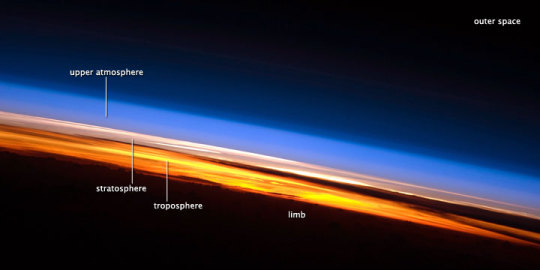
This is the primary reason for the blue color of Uranus and Neptune.
What is METHANE IN THIER ATMOSPHERES?
It absorbs red light and reflects blue light.
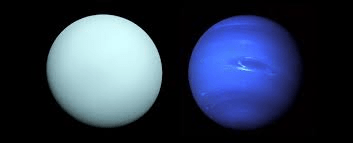
These unique features were found on Saturn's Moon, Titan.
What were LAKES AND RIVERS OF LIQUID METHANE AND ETHANE?
/https://tf-cmsv2-smithsonianmag-media.s3.amazonaws.com/filer/08/fd/08fdb886-5e23-4fca-be4f-76ceb3be6d5d/saturn_lake.jpg)
This law of planetary motion states that a planet moves faster when it is closer to the sun and slower when it is farther away.
What is KEPLER'S 2ND LAW OF PLANETARY MOTION?
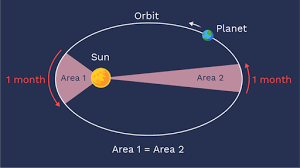
This planet once had liquid water but lost its magnetic field causing its atmosphere to thin and its water to evaporate or freeze.
What is MARS?
